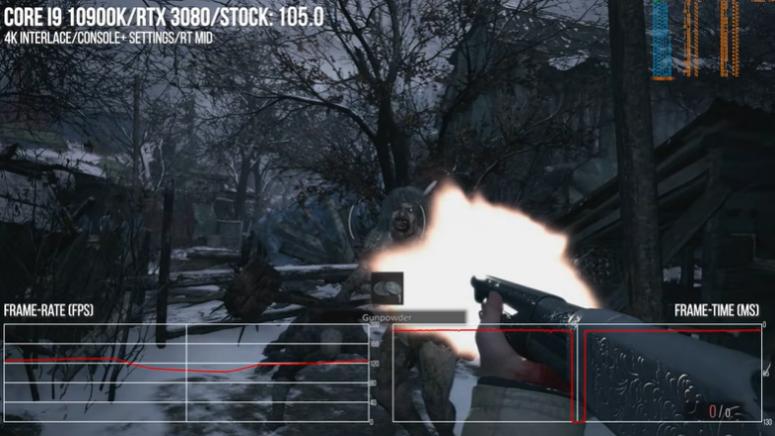

Quake’s community has mostly rallied around a singular download hub for nearly every level, and there’s even a handy launcher that downloads, installs and runs them all for you. Quake mapping is consistent, organized and unrelenting. Why? Well, it’s because the modding community that has developed around the game has kept it fresh and relevant. The game has continued to sell throughout these past two decades, but is going through something of a comeback recently. And I mean the original Quake, released by id Software some twenty years ago. What if more games were like Quake, in other words. But what if that wasn’t the case? And what if by simply embracing the gaming community and releasing control over the product, instead of trying to cling to it with tactics like DRM, the sales cycle for a game became so long that it changed the math? Many, many games experience the vast majority of their sales upon initial release.

And it’s not without its logic, I suppose. The idea that the most important time in the sales cycle for a new video game is its initial release is almost gospel within the industry. Despite the headwinds of reality, the folks behind Denuvo have bravely soldiered on, proclaiming the tool still useful for protecting the ever-important early-release window of new video games.Īnd that’s where I think a counterpoint needs to be made. The once-vaunted anti-piracy tool, thought to be the end of video game piracy altogether, has instead had its protection window reduced to somewhere between a week and some weeks. I’ve covered the saga of Denuvo DRM regularly as of late. Tue, Feb 14th 2017 05:19pm - Timothy Geigner


 0 kommentar(er)
0 kommentar(er)
